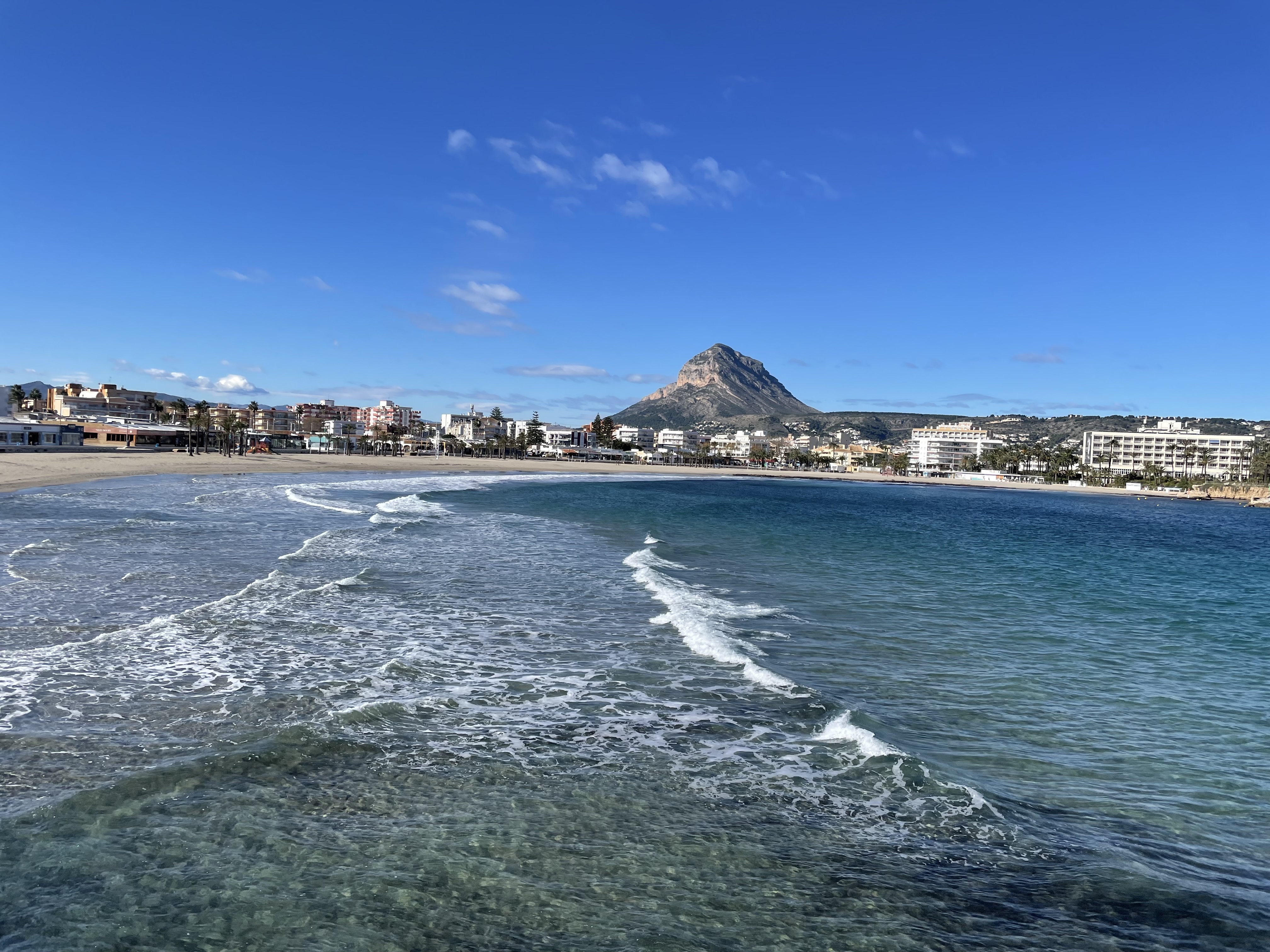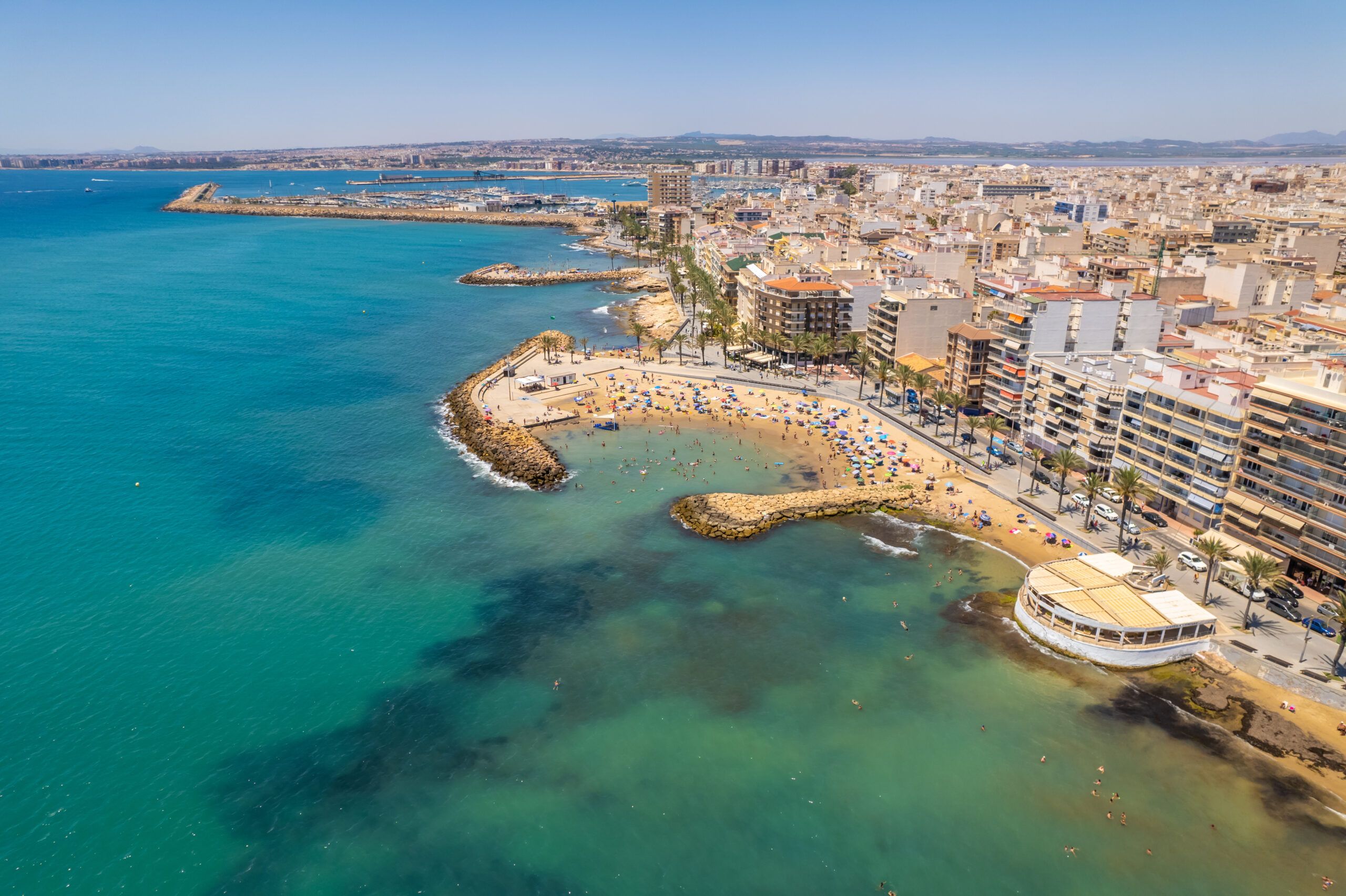
Why I Created "Try Before Moving" — And Why It Could Change Your Life By Kata Bene
What if you could live the Costa Blanca life for seven days before making one of the biggest decisions of your life? That's exactly why I created Try ...
7 mins read

So, you're planning on moving to the Costa Blanca. You've been dreaming of the sun-drenched lifestyle, from the vibrant city of Alicante to the beautiful coastal towns of Jávea, Altea, Dénia, and Torrevieja. The Costa Blanca is one of the best places to live in Spain, and you're ready to make it your home.
Welcome! It’s a life-changing decision. But between the dream of Mediterranean living and the reality lies a bit of paperwork. Spanish bureaucracy can seem complex, but it's entirely manageable with a solid plan.
This actionable guide is your complete pre-move checklist for Spain in 2025. We’ll walk you through everything you need to know, from how to get an NIE number and securing your visa to finding a reliable gestor to make the process smooth.
This initial phase is about strategic planning. Getting these major requirements sorted early is crucial for a stress-free move to Spain.
For any non-EU citizen, including those from the UK or US, your visa is the first and most important step.
Action: Visit the official Spanish Consulate website for your country to find the most current financial requirements and document lists for 2025. Start gathering proof of funds and other necessary paperwork immediately.
You will need several official documents. The process of legalizing them takes time.
Now you’ll start tackling the key administrative tasks that form the foundation of your new life in Spain.
The NIE (Número de Identificación de Extranjero) is your Spanish foreigner identification number. You need an NIE for everything: opening a bank account, buying property, getting internet, and registering for taxes.
A gestor (or gestoría) is a professional administrative consultant who is an expert at navigating Spanish bureaucracy. Hiring one can be the best investment you make in your move. They can handle residency applications, tax registrations, and more, saving you time and preventing costly mistakes.
The move is now just around the corner! It's time to put the practical pieces in place.
A Spanish bank account is essential for paying your rent and utility bills. While it can be tricky from abroad, it's possible.
Whether you're renting or buying, now is the time to search.
Congratulations, you've moved to the Costa Blanca! Here are the first two things you must do.
Q: Can I move to the Costa Blanca from the UK after Brexit?
A: Yes! UK citizens can move to the Costa Blanca but are now subject to the same immigration rules as other non-EU citizens. The Non-Lucrative Visa is the most common path for retirees.
Q: How much money do I need for the Non-Lucrative Visa in Spain for 2025?
A: You must prove you have passive income or savings equivalent to at least 400% of Spain's IPREM index annually for the main applicant, plus 100% for each additional family member. This figure changes yearly, so check the official consulate website for the exact 2025 amount.
Q: What is the difference between Costa Blanca North and Costa Blanca South?
A: Generally, the Costa Blanca North (e.g., Jávea, Dénia, Altea) is known for being greener, more rugged, and traditionally more expensive. The Costa Blanca South (e.g., Torrevieja, Orihuela Costa) is flatter, more arid, and offers a wider range of property prices, popular with many expat communities.
By following this checklist, your move to the sunny Costa Blanca will be as smooth and stress-free as possible. ¡Bienvenidos a España!
Would you like to stay up to date? Enter your email below for latest listing